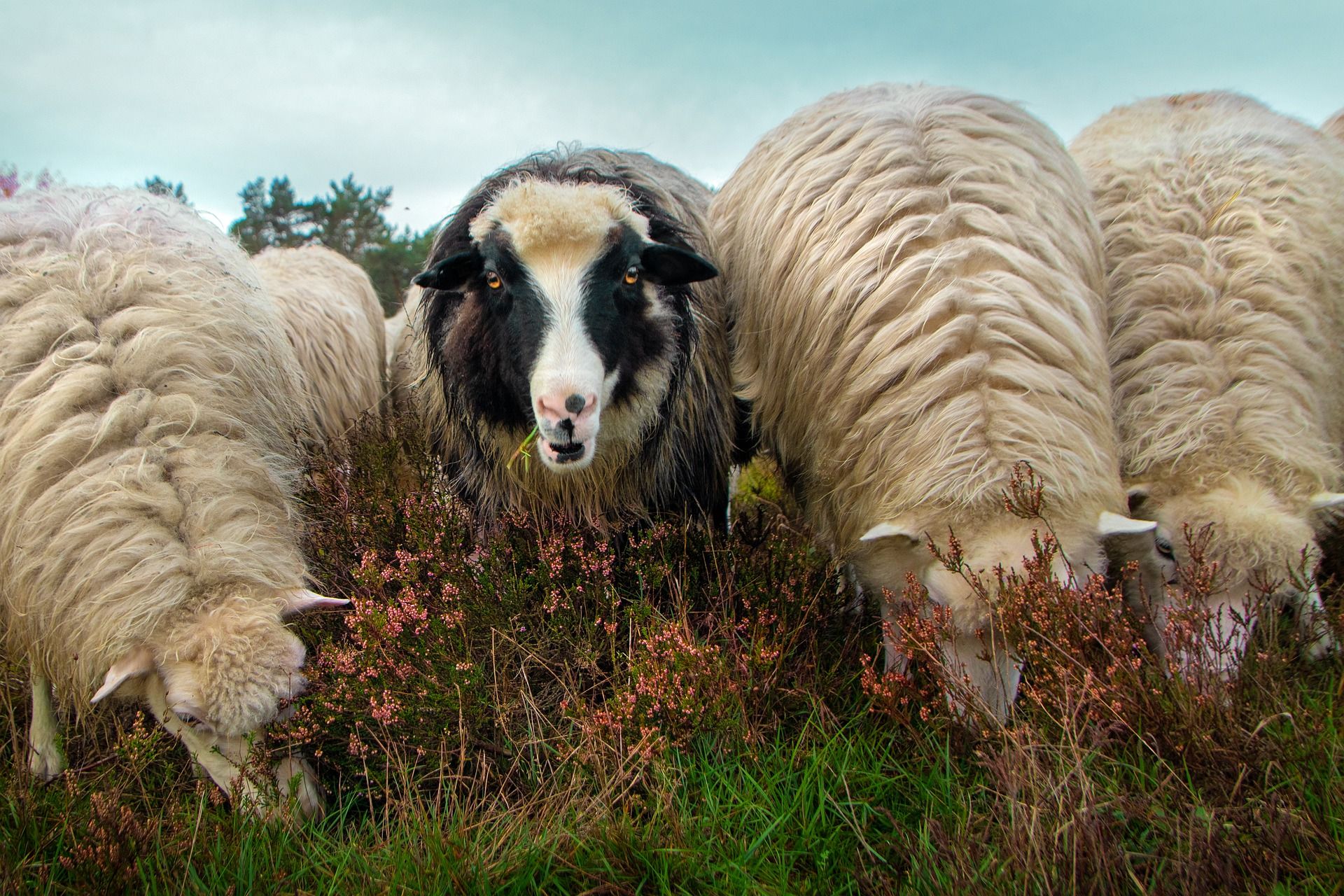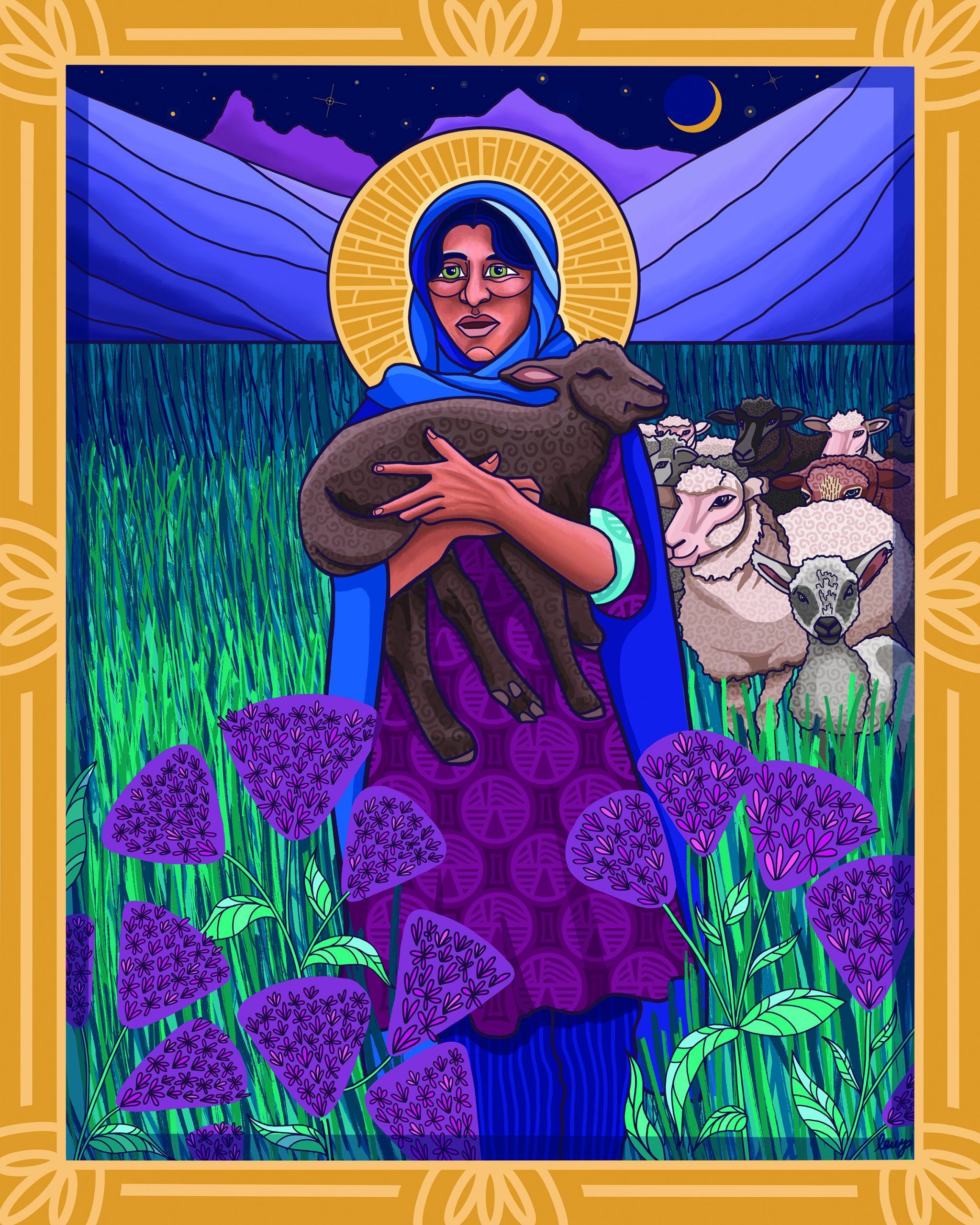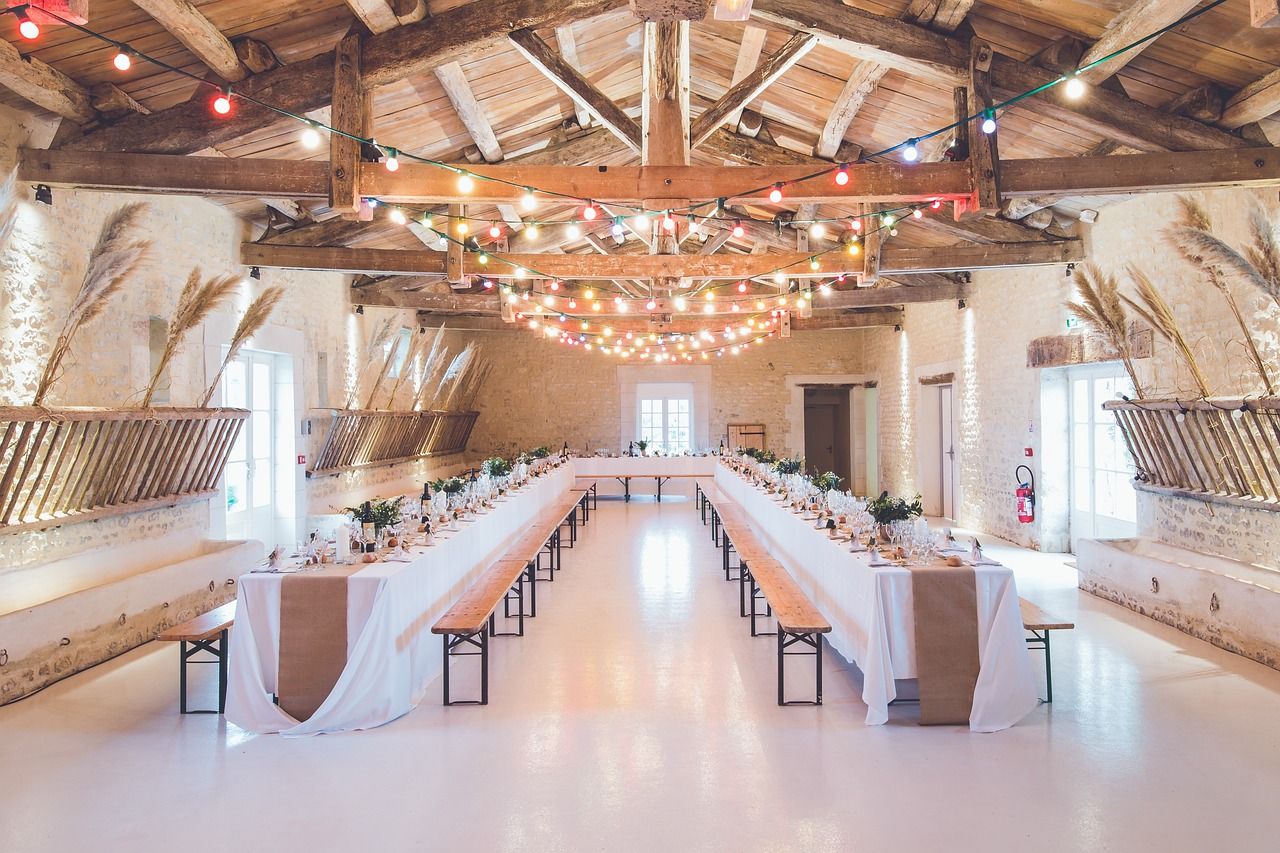Eighth Sunday After Pentecost
When Amos reports his vision of God judging Israel for its mistreatment of the poor, he becomes a threat to the power of the priests and the king. John the Baptist also speaks truth to power, and Herod has him killed. In Herod’s fear that Jesus is John returned from the dead, we may hear hope for the oppressed: all the prophets killed through the ages are alive in Jesus. We are called to witness to justice in company with them, and to proclaim God’s saving love.
Accompanying Scripture:
Mark 6:14-29, Psalm 85:8-13, Amos 7:7-13











